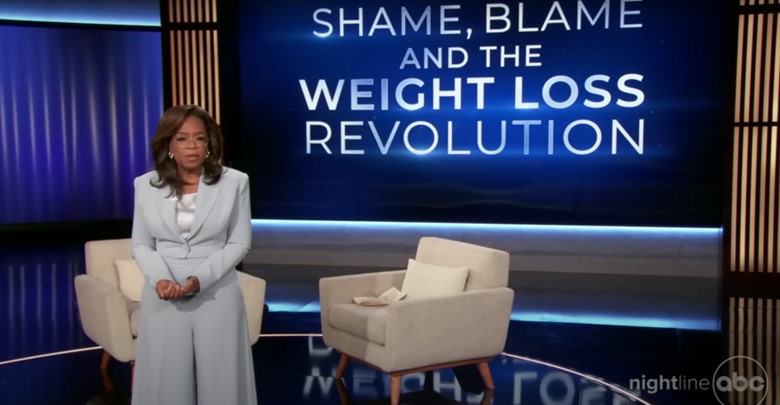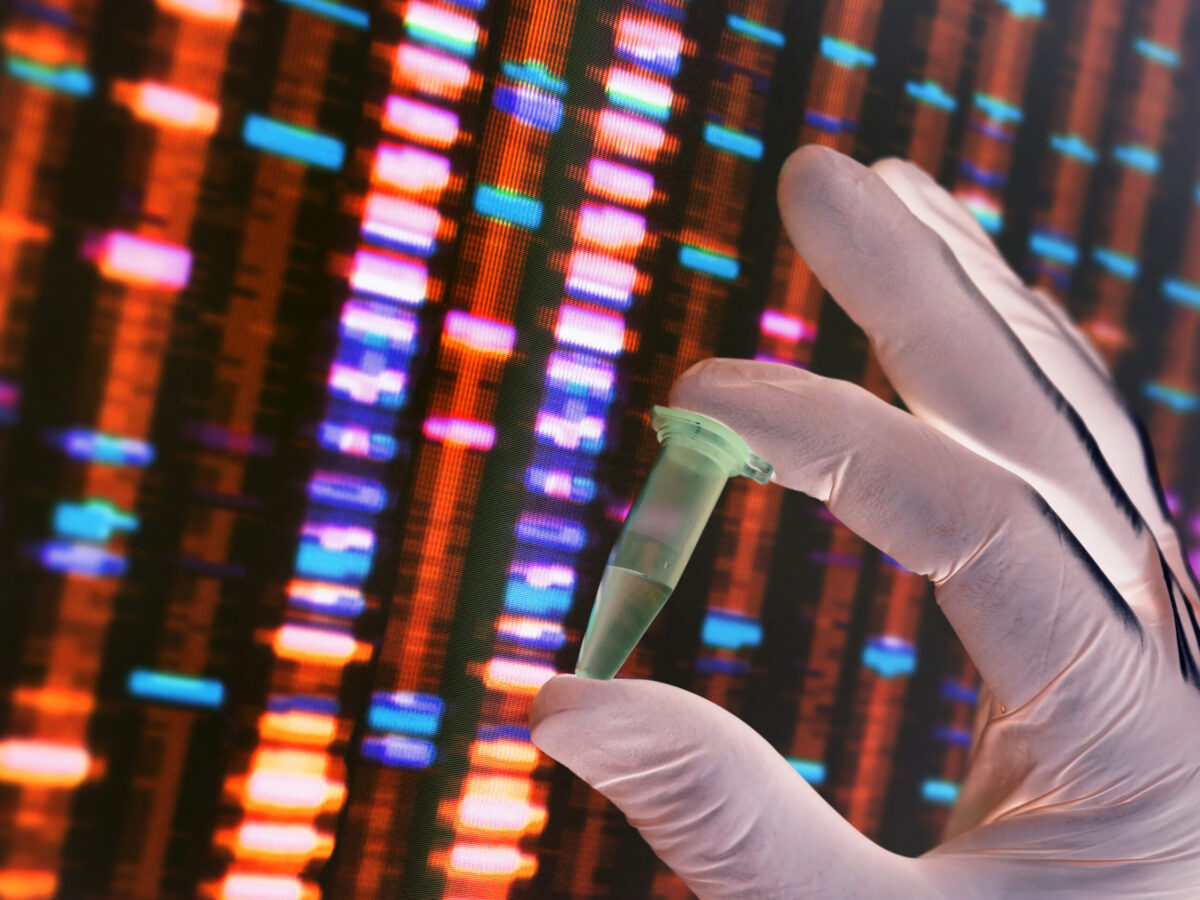The FDA ended 2017 by approving the first gene therapy designed to treat an inherited cause of blindness by targeting a specific gene mutation. Spark Therapeutics’ Luxturna (voretigene neparvovec-rzyl) is the third gene therapy to be approved by the regulator last year.
“Today’s approval marks another first in the field of gene therapy ‒ both in how the therapy works and in expanding the use of gene therapy beyond the treatment of cancer to the treatment of vision loss ‒ and this milestone reinforces the potential of this breakthrough approach in treating a wide-range of challenging diseases,” said FDA Commissioner Scott Gottlieb in a December release detailing the approval. “I believe gene therapy will become a mainstay in treating, and maybe curing, many of our most devastating and intractable illnesses.”
Between 1,000 and 2,000 patients in the US who carry a confirmed biallelic RPE65 mutation will be eligible for treatment with Luxturna. The RPE65 gene encodes an enzyme essential to healthy vision, but mutations in both copies of this gene lead to impaired vision and, in some cases, eventual blindness.
As a type of gene therapy, Luxturna uses a modified adeno-associated virus to deliver a functional copy of the RPE65 gene directly into retinal cells affected by the deficit in a one-time procedure. Once incorporated into the genome, the cells begin to produce the missing enzyme, thereby restoring normal retinal function and vision.
“FDA approval of Luxturna represents a true paradigm shift for physicians caring for patients with hereditary retinal disease caused by biallelic RPE65 mutations, who up until now have had no pharmacologic treatment options,” said Dr. Alex V. Levin, pediatric ophthalmologist and chief of the Wills Eye Pediatric Ophthalmology and Ocular Genetics Service in Philadelphia. “Now is the time for patients who have hereditary retinal disease, but lack a confirmed genetic diagnosis, to undergo genetic testing to determine, where appropriate, if mutations in the RPE65 gene are responsible for their disease, and whether Luxturna may be an appropriate treatment option.”
The FDA stipulates that only patients whose retinal cells have been deemed to be viable by a physician should be treated using the gene therapy, suggesting that patients with the most severe vision loss as a result of the retinal dystrophy may not be able to benefit from Luxturna. In addition, the injection procedure must be performed on each eye on separate days, and patients should be given a short course of a corticosteroid such as prednisone to prevent an immune reaction.
According to Spark, the company expects to launch the gene therapy late in the first quarter of this year, with the price of Luxturna to be announced early this month.
“This approval is a watershed milestone,” said Dr. Benjamin Yerxa, chief executive officer at the Foundation Fighting Blindness (FFB), a nonprofit organization focused on research for preventing and treating blindness caused by inherited retinal diseases. “For people with an inherited retinal disease and for other patient communities, this decision may create important momentum for investigational gene therapies.
“The Foundation is very pleased that our early investments in research have helped lead to the approval of Luxturna. And we encourage patients to get genetic testing so they can help advance the research and possibly benefit from this treatment or other gene treatments as they emerge.”












Join or login to leave a comment
JOIN LOGIN